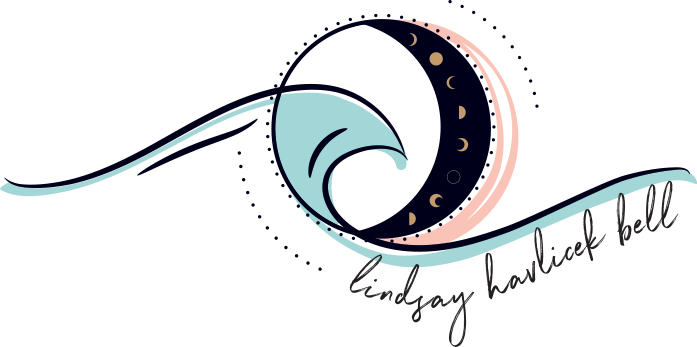Psychologists: The Original Holistic Healers
I’ve come to believe that psychologists have a bit of an inferiority complex.
In the quest to be taken seriously—to prove that we’re “real doctors”—the field moved closer to medicine, and further away from its roots. We embraced diagnostics, lab coats, and the scientific method. We wanted to sit at the same table as MDs.
But in doing so, we distanced ourselves from something essential: the truth that psychology is, at its heart, a deeply holistic practice.
We study the full human experience—thoughts, emotions, beliefs, behavior, nervous system function, and the impact of environment and relationships. We work at the intersection of mind and body. And for all the buzz about “nervous system regulation” and “somatic work” in wellness circles, most people don’t realize this is the very heart of what psychologists are trained in.
Psychologists are not just trained to identify what’s “wrong” — we’re trained to understand what makes people thrive. This includes the psychological tools that promote flourishing, purpose, connection, and well-being. Tools that help people create lives that feel aligned and fulfilling.
We don’t just help people “fix problems.” We help them grow. Heal. Flourish. Reconnect with their own clarity and potential.
Yes, we use cognition. But we also understand behavior. Embodiment. Physiology. Environment. A good psychologist can help you shift not just what you think, but how you feel and how you live.
Many in the holistic wellness world have dismissed psychologists, assuming we aren’t trained in somatic approaches or regulation tools. But we are. We always have been. The problem is, psychologists aren’t always good at explaining what we do.
Talk therapy? It’s as holistic as it gets. Two humans in a room, working together with nothing but presence, attunement, and skill. No supplements. No devices. Just deep listening, nervous system attunement, and insight that can change the course of someone’s life.
We don’t need to call ourselves healers if it makes us squirm.
But we should stop pretending we’re not doing healing work.
